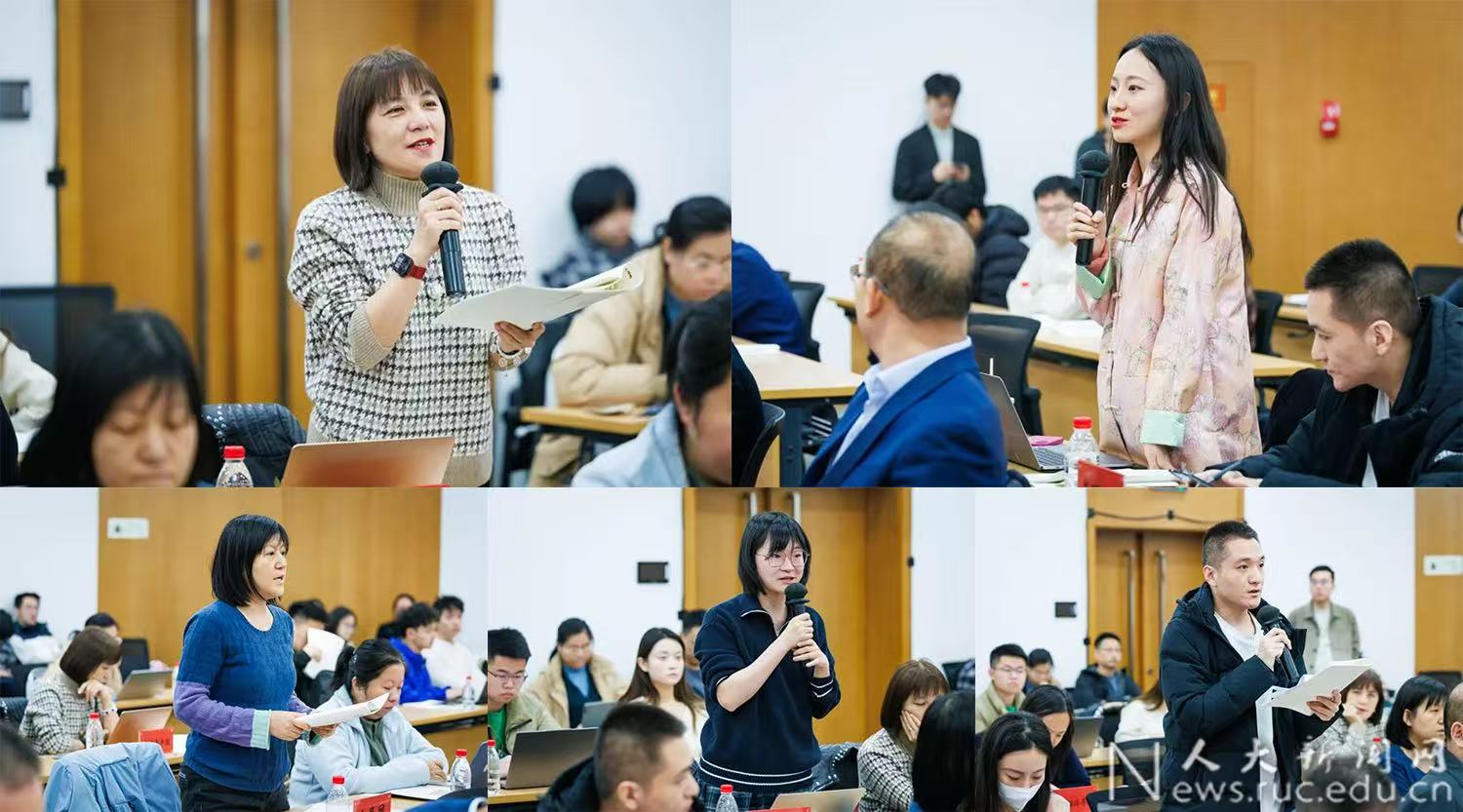Renmin University of China (RUC) held its monthly "RUC Indexes" release conference on March 28, unveiling two major reports: the China Smart Governance Index and the China Low-altitude Economy Urban Development Index. The event brought together government officials, industry experts, and academics to discuss the role of data-driven indices in advancing national governance and economic innovation.
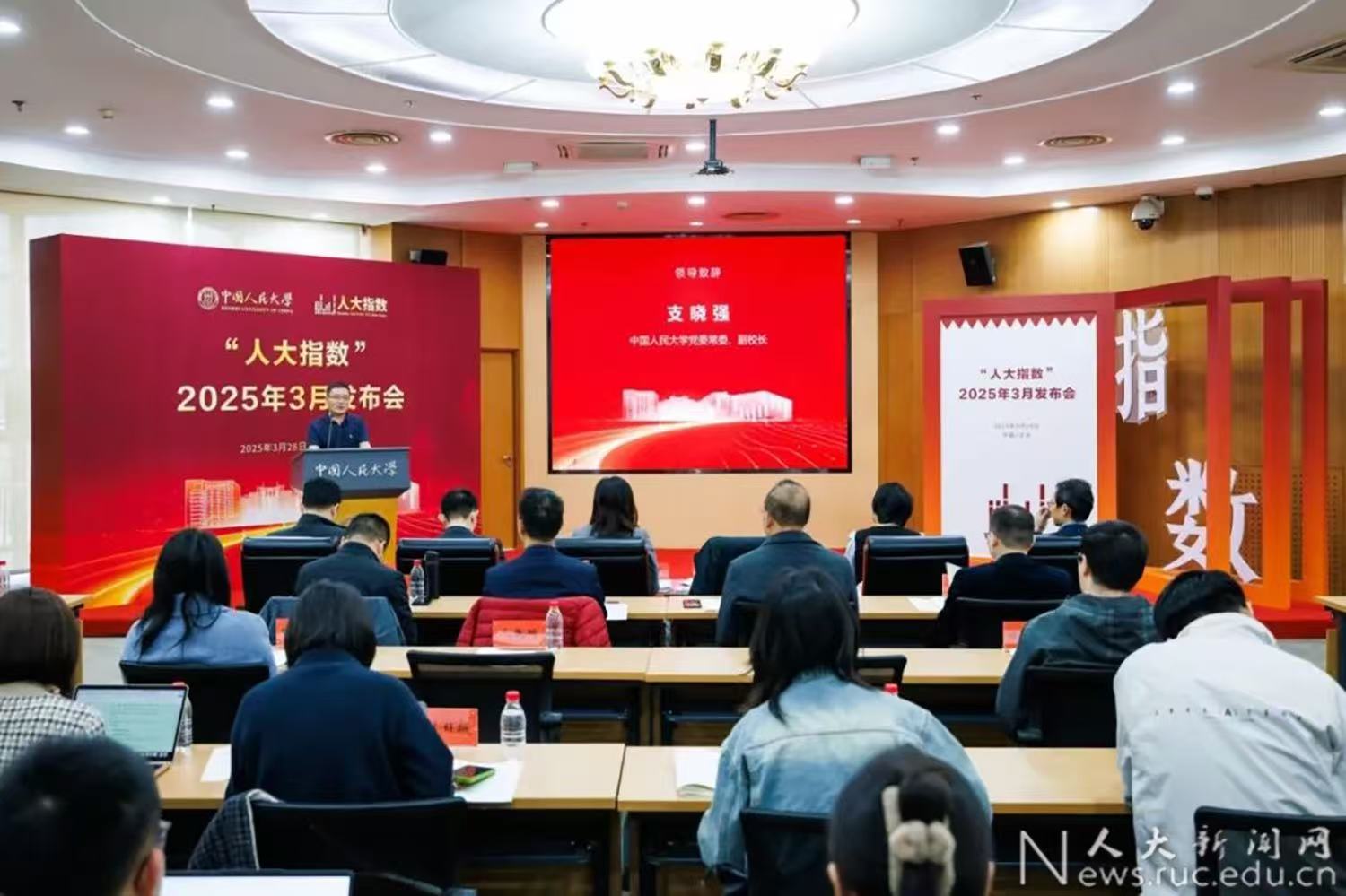
Developed by RUC’s School of Smart Governance, the National Academy of Development and Strategy, and the Interdisciplinary Center for Smart Governance, the China Smart Governance Index evaluates 296 Chinese cities from 2017 to 2023 across three dimensions: value objectives, system applications and institutional-technical support. Beijing topped the rankings, followed by Shanghai, Shenzhen, Guangzhou, Hangzhou, and Suzhou, showcasing a "leading geese" pattern of development. Eastern cities dominated the rankings, while central regions demonstrated notable progress in bridging regional disparities.
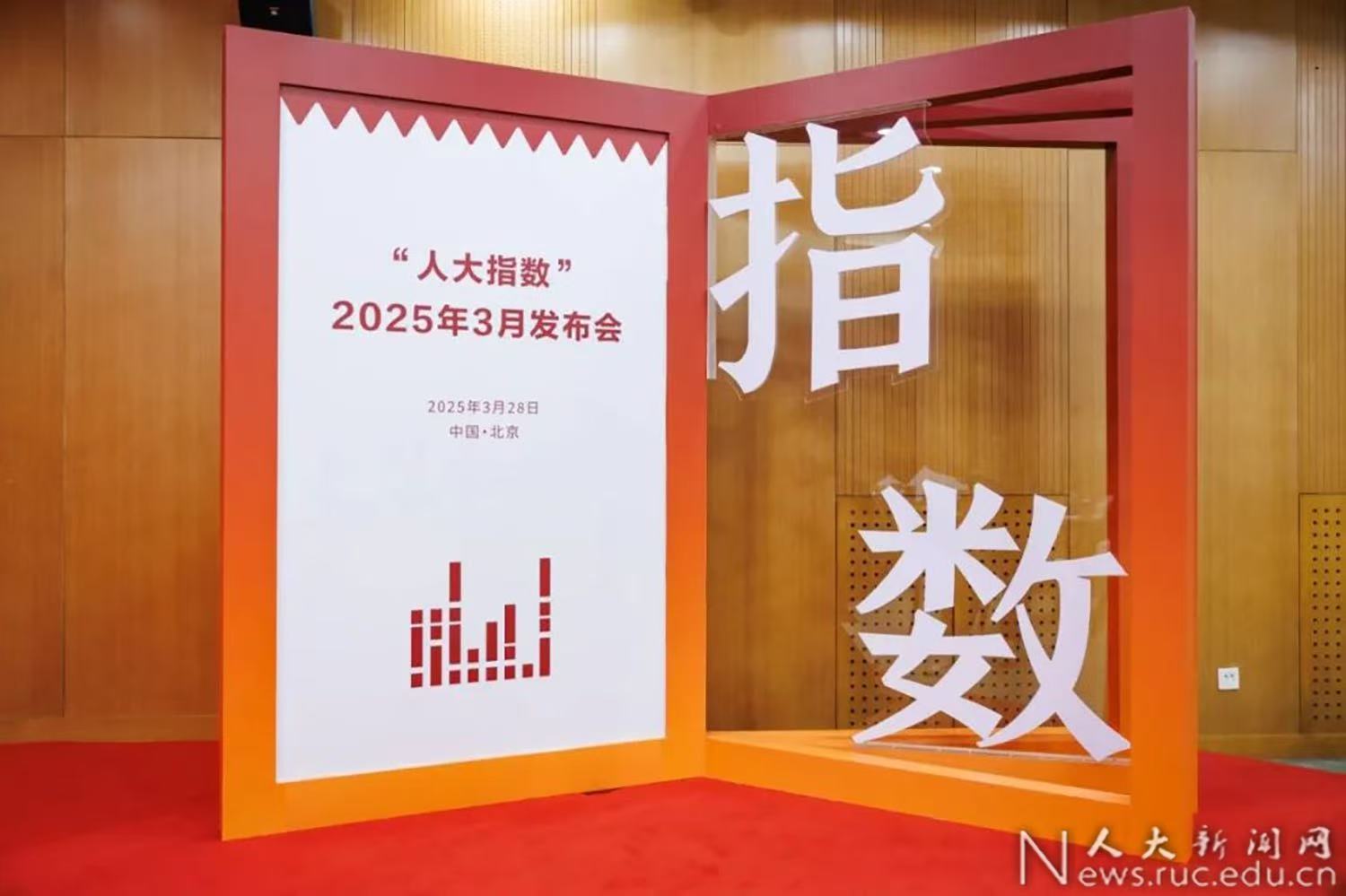
The report highlights advancements in public participation, resource allocation and smart technology integration, but calls for stronger institutional frameworks to sustain innovation. "Smart governance requires systemic restructuring of production relations," emphasized Professor Song Lu, Vice Dean of RUC’s Smart Governance School.
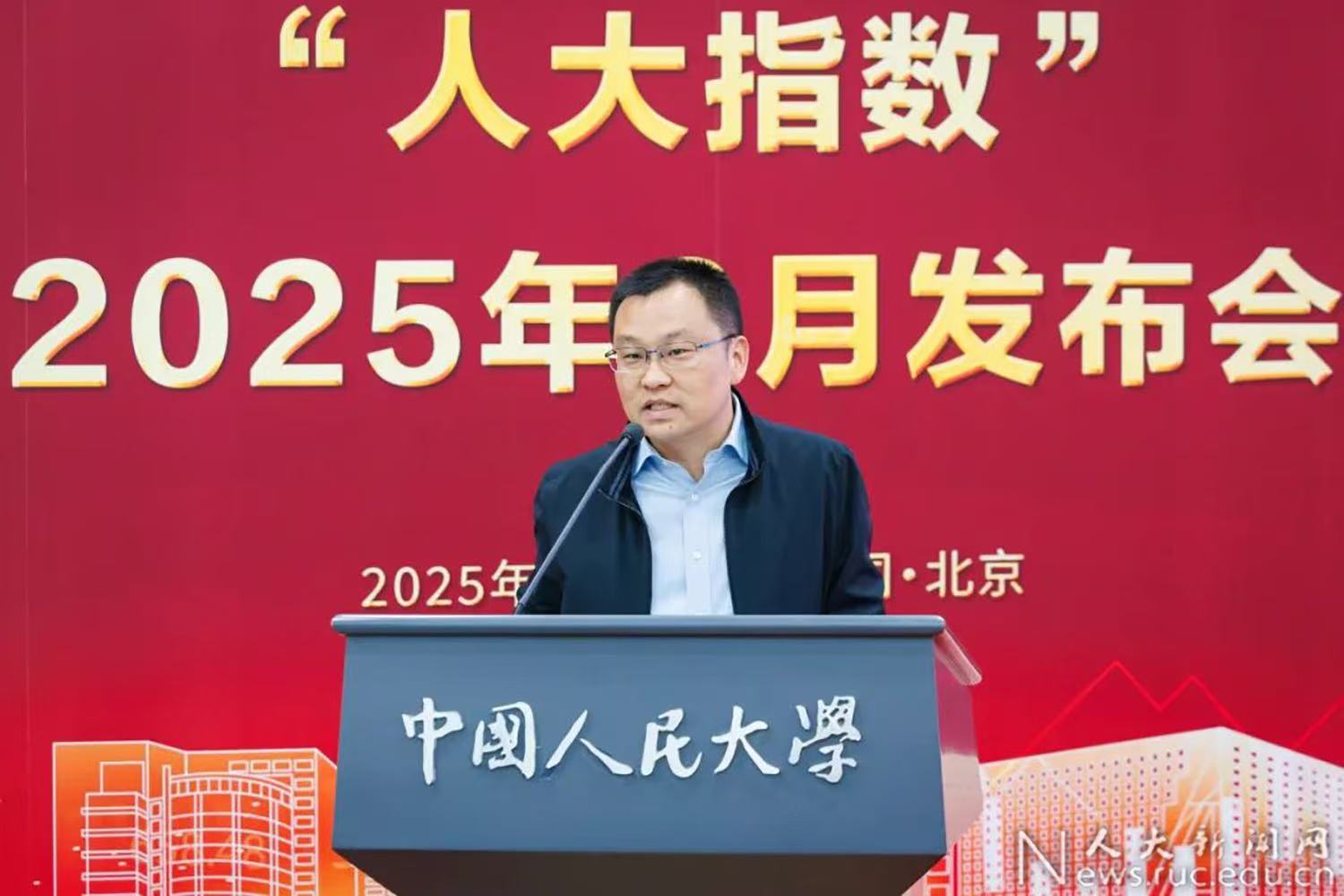
The China Low-altitude Economy Urban Development Index, led by RUC’s International Joint Research Center for Low-altitude and Space Economy, assessed 58 cities based on technological innovation, market potential, ecosystem synergy and policy empowerment. Beijing, Hangzhou, and Chengdu were highlighted for their distinct development models—innovation-driven, demand-fueled and industry-chain integration, respectively.
Key findings reveal rapid infrastructure expansion but uneven industrial support, alongside growing policy-scenario synergies. The report urges enhanced cross-regional collaboration, smarter infrastructure networks and stronger international standards engagement.
RUC Vice President Zhi Xiaoqiang underscored the university’s commitment to "organized research" that aligns with national strategies. "These indices translate academic rigor into actionable insights, advancing Chinese solutions for global challenges," he stated.
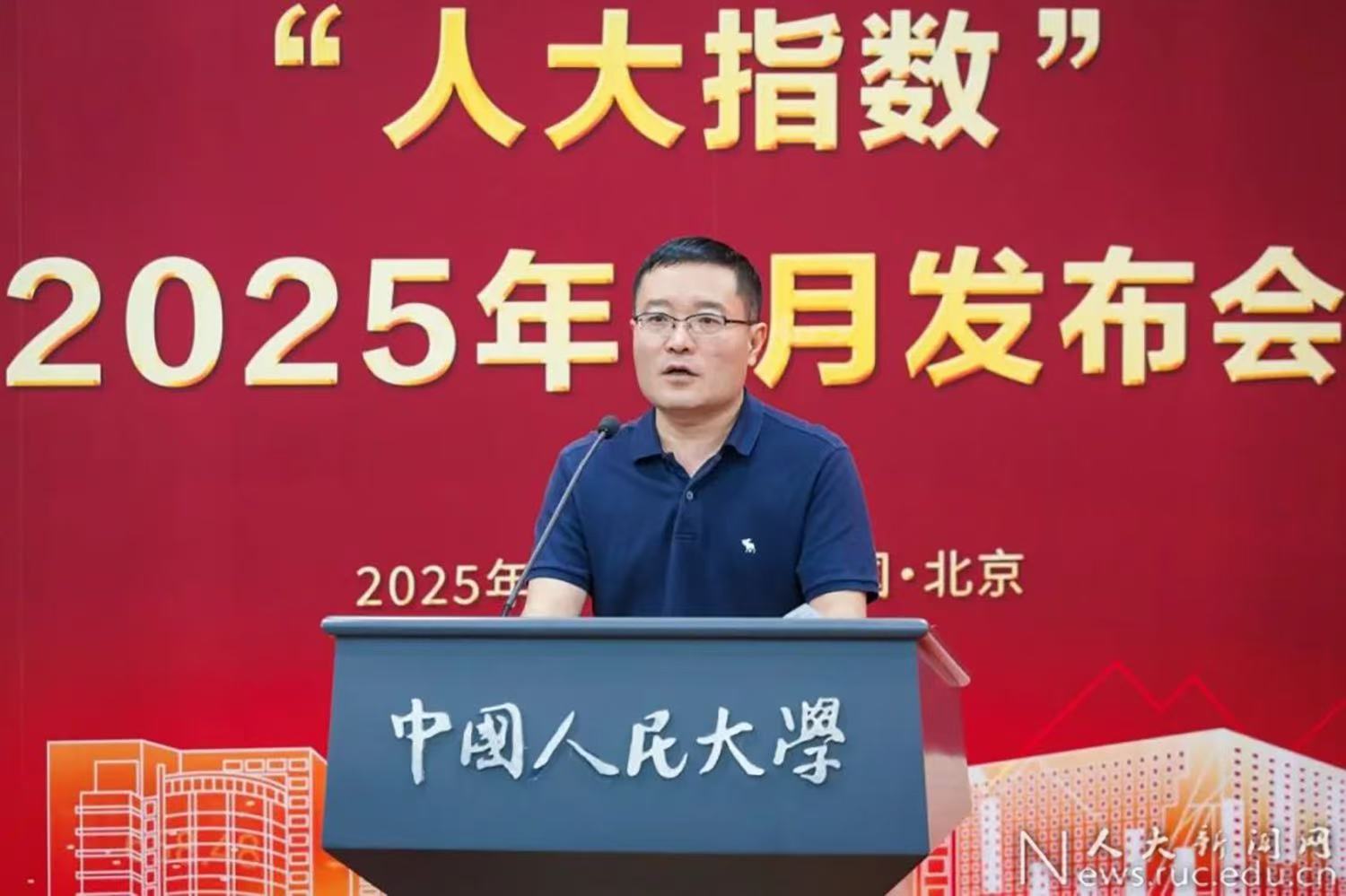
Experts including Luo Le (National Administration of Market Regulation) and Chen Huashan (Chinese Academy of Social Sciences) praised the indices’ methodological rigor while recommending finer metrics and global benchmarking.
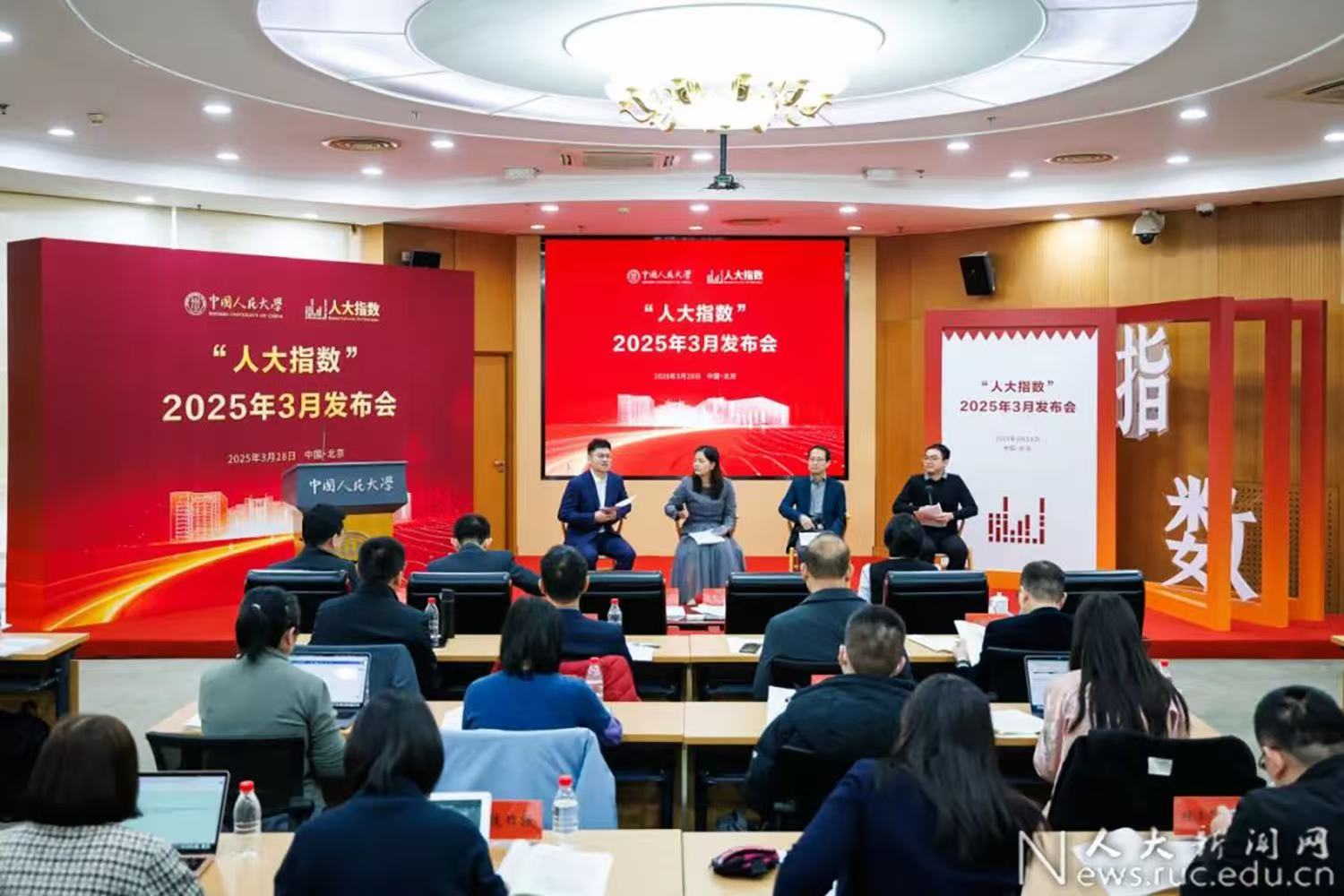
The event, attended by representatives from Xinhua News Agency, People’s Daily and other major outlets, marks RUC’s latest effort to institutionalize its index-release mechanism, reinforcing its role in shaping China’s autonomous knowledge system.
